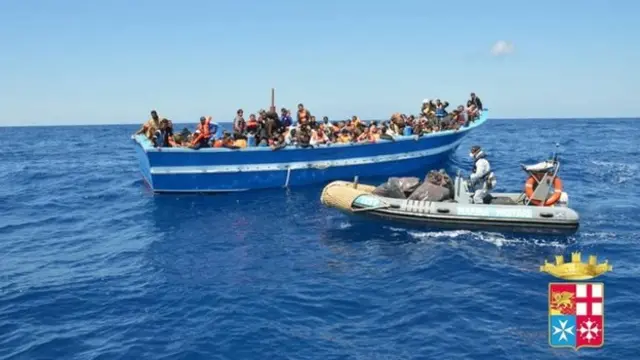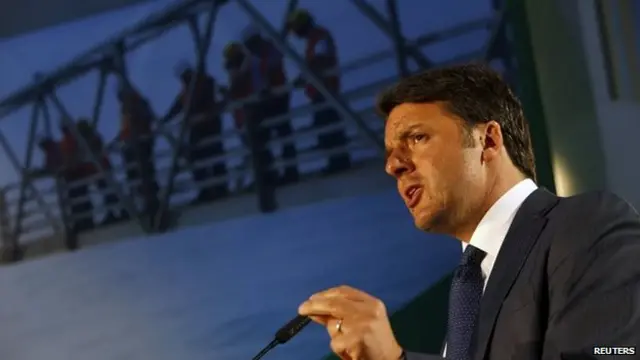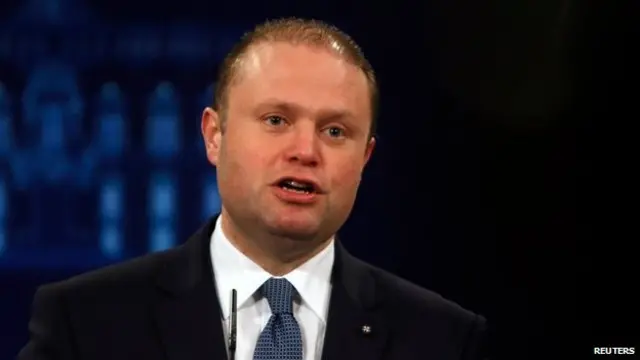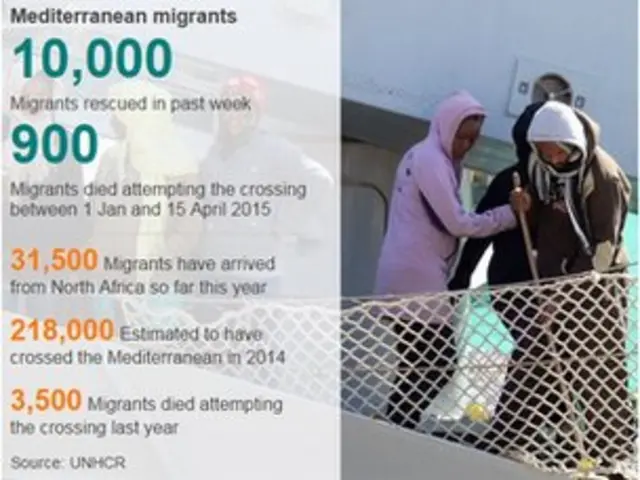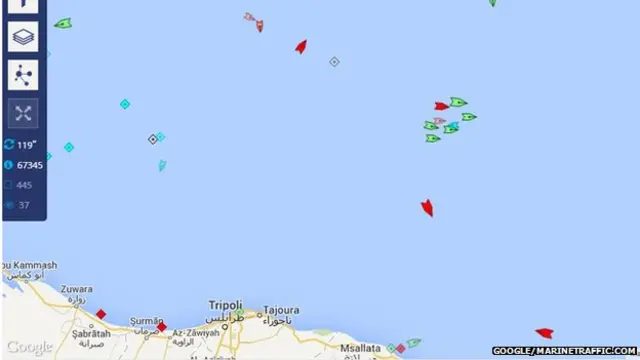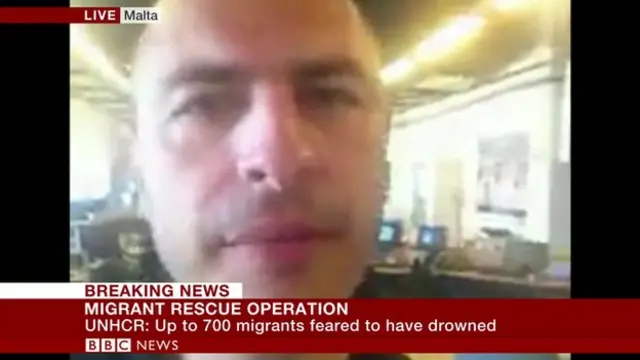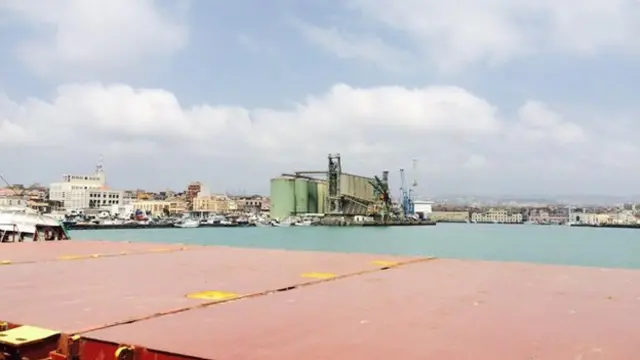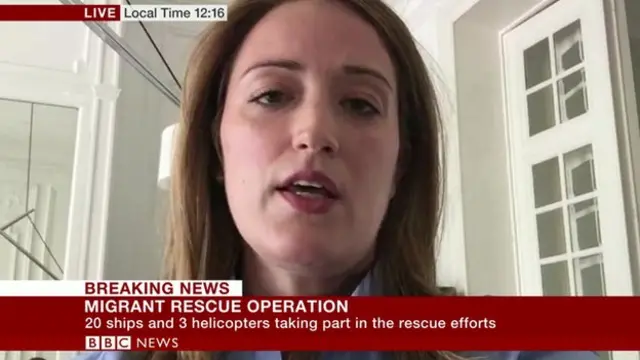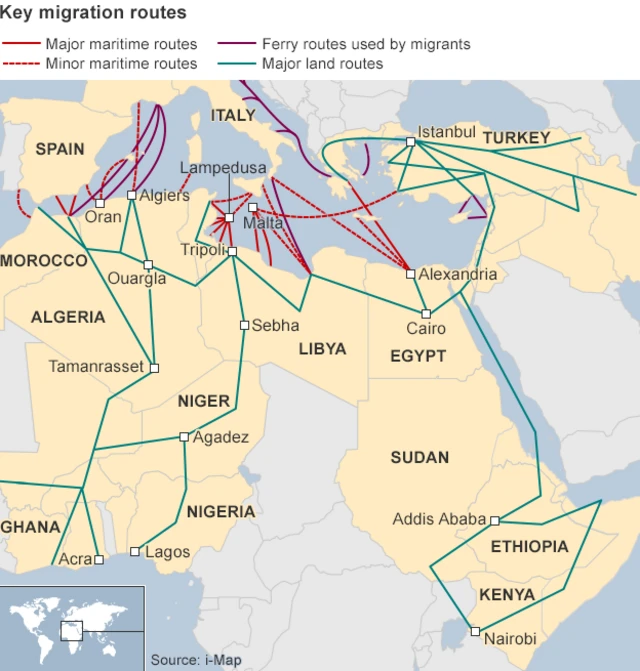The Triton planpublished at 13:51 BST 19 April 2015
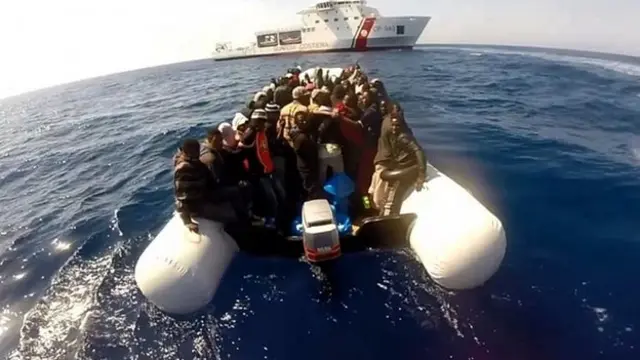 Image source, AFP/Getty Images
Image source, AFP/Getty ImagesA rescue operation took place off the coast of Sicily on 15 April as part of the Triton plan
The surveillance programme now in place is Triton - which operates with less than a third of Mare Nostrum's budget. It is run by the EU's border agency and has a remit to patrol only Italian and Maltese waters.
It has helicopters, two aircraft and patrol boats available, and helped rescue 22,300 people between November 2014 and February 2015. But much of the criticism after today's tragedy has focused on the limited remit of Triton.
